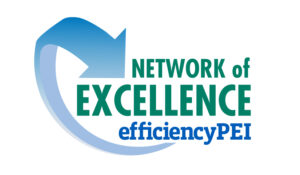
It consists of Solar Collectors, Heat Transfer Fluid, Storage Tank and Circulation System.
Evacuated tube collectors are the most efficient collectors available. They can work well in temperatures as low as -40°C (-40°F) as far as it has bright sunlight during the day. Each tube works like a thermos and individual tubes can be replaced as needed.
Heat Transfer Fluid: In a passive system, water flows through the solar collectors and absorbs heat directly. In an active system, a heat transfer fluid (such as antifreeze or water) is circulated through the collectors and then through a heat exchanger, where it transfers heat to the water in the storage tank.
Storage Tank: The heated water is stored in an insulated tank until it’s needed. Solar water heaters typically have a backup heating element (electricity) to ensure a steady supply of hot water during periods of low sunlight or high demand.
Circulation System: In active solar water heating systems, pumps circulate the heat transfer fluid between the collectors and the storage tank. Controls and sensors may be used to regulate the circulation system and optimize energy efficiency.
Advantages of solar water heaters:
- Renewable Energy Source: Solar energy is abundant and freely available, making solar water heaters a sustainable and environmentally friendly option for heating water.
- Energy Savings: Solar water heaters can significantly reduce energy consumption and utility bills, especially in sunny climates where they can meet a substantial portion of hot water needs.
- Low Operating Costs: Once installed, solar water heaters have relatively low operating costs since sunlight is free. With proper maintenance, they can provide hot water for many years.
- Reduced Carbon Footprint: By using solar energy instead of fossil fuels to heat water, solar water heaters help reduce greenhouse gas emissions and mitigate climate change.
- Energy Independence: Solar water heaters reduce dependence on traditional energy sources such as electricity or gas, providing greater energy security and resilience.
- Incentives and Rebates: Many governments offer incentives, rebates, and tax credits for installing solar water heaters, making them more affordable and financially attractive.
- Versatility: Solar water heaters can be installed in a variety of settings, including residential homes, commercial buildings, and industrial facilities. They can also be integrated with existing water heating systems or used as standalone units.
Overall, solar water heaters offer a cost-effective and environmentally sustainable solution for meeting hot water needs, particularly in regions with ample sunlight. However, their performance and efficiency depend on factors such as location, climate, system design, and proper maintenance.

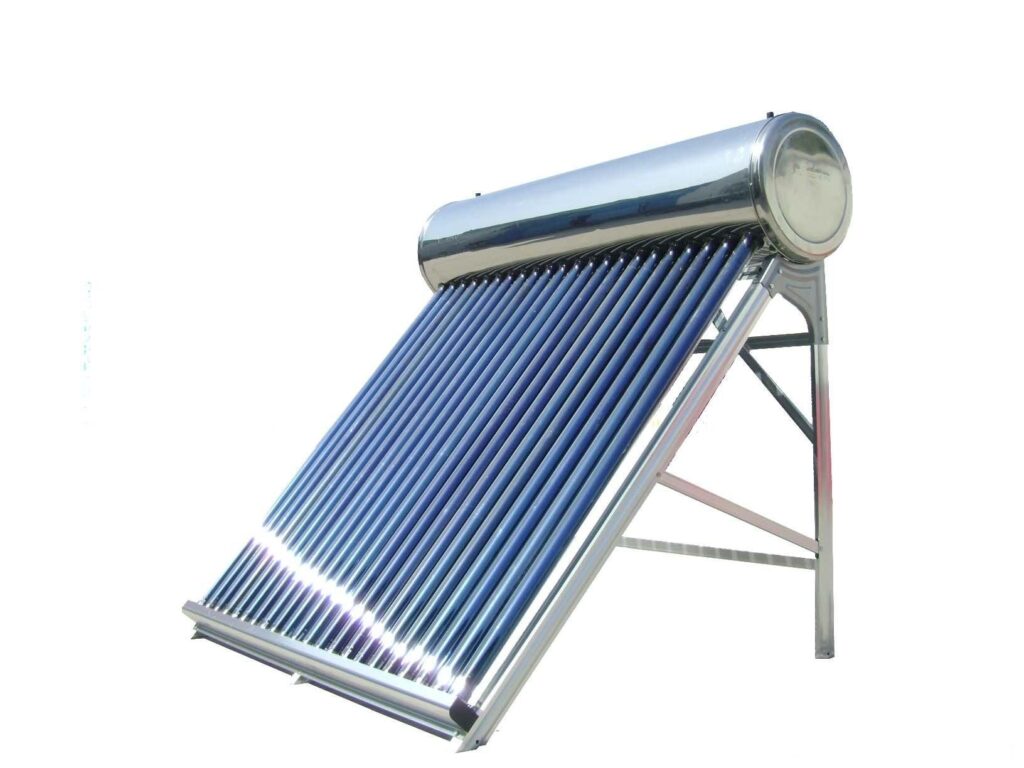
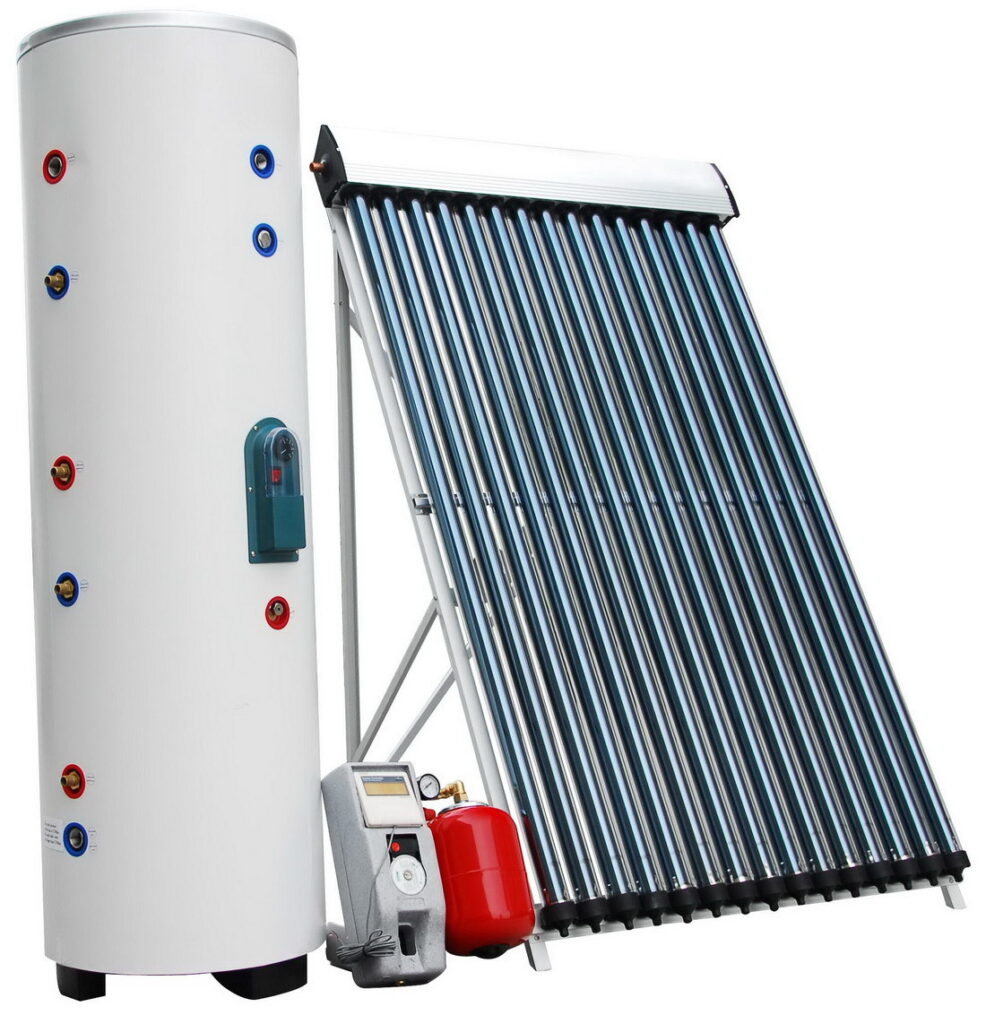
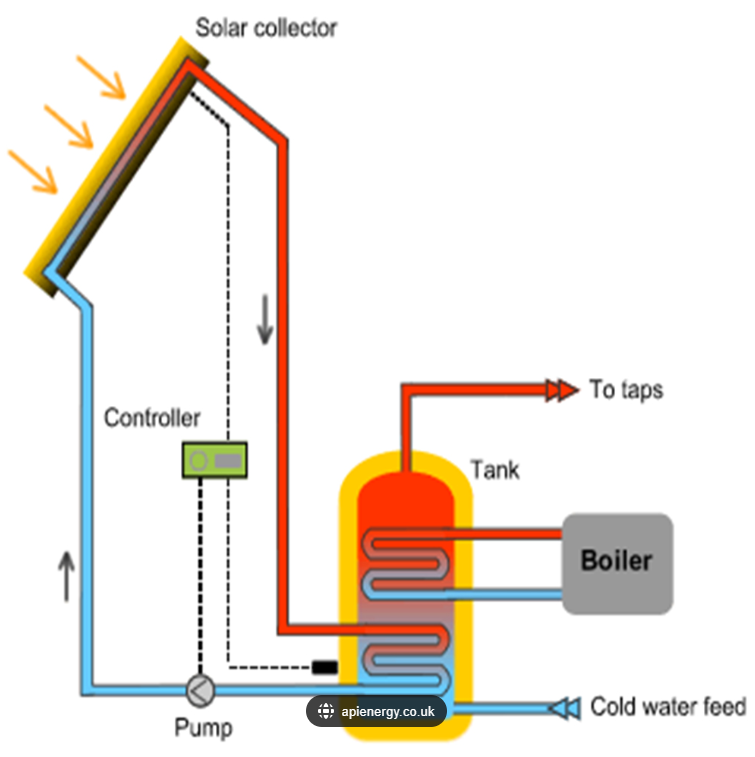
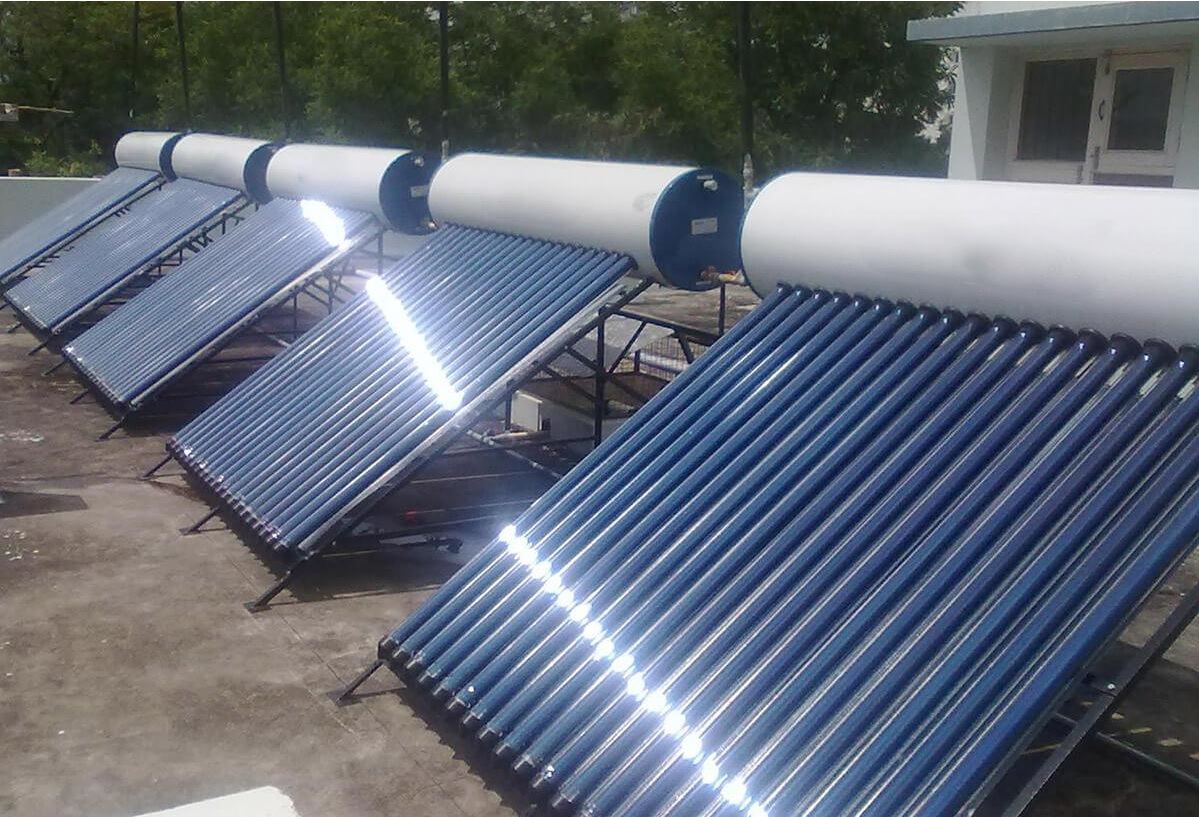
Reviews
There are no reviews yet.